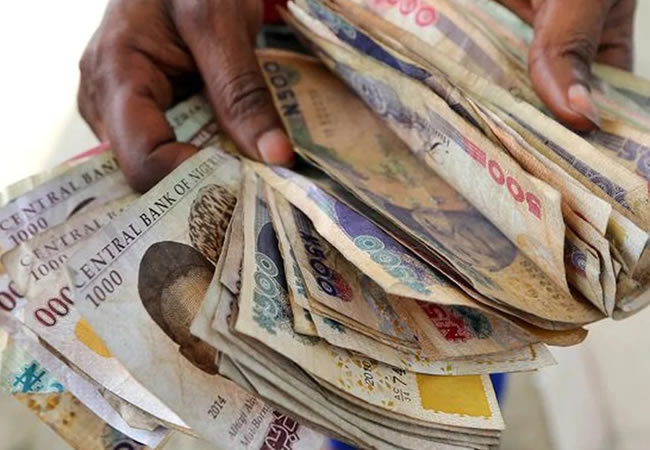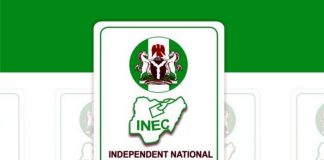Money market rates surged higher on Thursday as liquidity constraints worsened within the banking system. With minimal inflows from maturing financial instruments, the market liquidity level dipped into negative territory once more.
Short-term benchmark interest rates spiked, exceeding 32% ahead of anticipated outflows on Friday. The liquidity shortfall compelled some local banks to rely on the Central Bank of Nigeria’s (CBN) lending facility.
To support their operations, Nigerian banks accessed the CBN’s borrowing window at elevated rates following a recent adjustment to the monetary policy rate in September. Cash-rich banks began to demand higher returns on their excess liquidity, while smaller banks faced higher funding costs.
Analysts noted that recent outflows and a lack of substantial inflows kept the liquidity level negative. This tight liquidity situation is expected to persist due to upcoming CBN foreign exchange settlements and cash reserve requirements.
According to Cowry Asset Limited, the Nigerian Interbank Offered Rate (NIBOR) decreased across most maturities, though the overnight NIBOR increased by 0.09% to 32.67%. Short-term rates like the open repo rate (OPR) and overnight lending rate (O/N) also rose, reaching 32.18% and 32.55%, respectively, as per data from the FMDQ platform.
“We expect interbank rates to remain elevated due to CRR debits and FX settlements, despite the inflow from FGN bond coupon payments,” AIICO Capital Limited analysts commented.
TrustBanc Capital Limited also highlighted a 37% increase in the system deficit, which stood at a negative balance of N219.69 billion as of Thursday.













